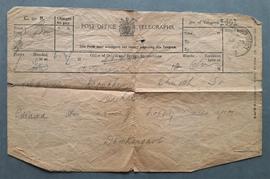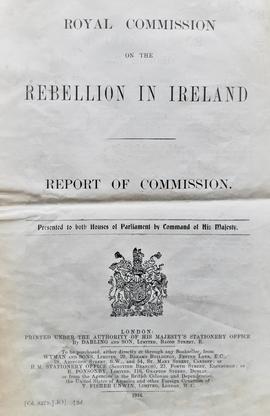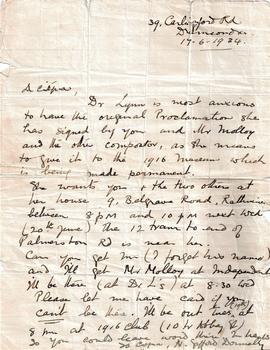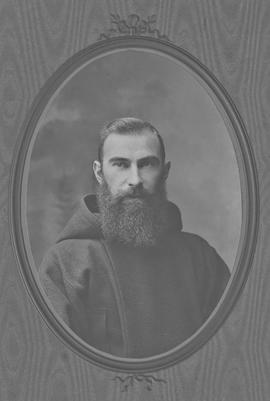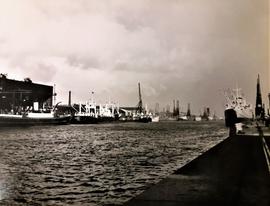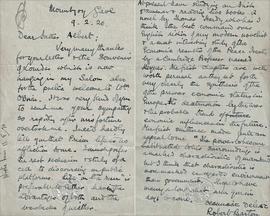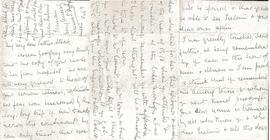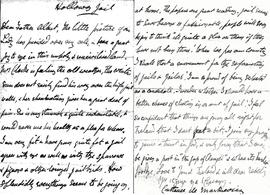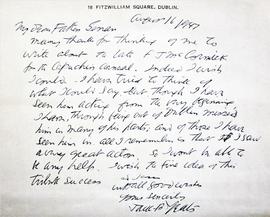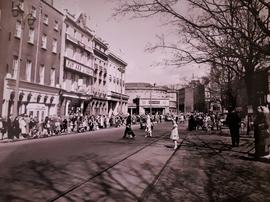Telegram announcing Fr. Dominic O'Connor's release from prison
- IE CA IR-1/5/4/13
- Item
- 14 Jan. 1922
Part of Irish Capuchin Archives
Telegram from Fr. Dominic O'Connor OFM Cap. to Fr. Aloysius Travers OFM Cap. announcing his release from prison. The telegram reads 'Released this morning, happy new year / Domhaugart'.

